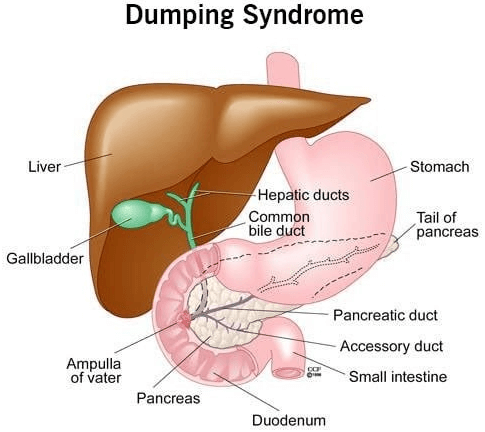The healthcare provider prescribed octreotide 150 mcg/day subcutaneously for a client with dumping syndrome. The medication is available in 0.2 mg/mL vials. How many mL should the practical nurse (PN) administer? (Enter numerical value only. If rounding is required, round to the nearest hundredth).
The Correct Answer is ["0.75"]
To calculate the amount of mL to administer, the PN should use the following formula:
mL = (mcg x 1 mg/1000 mcg) / (mg/mL)
Plugging in the given values, we get:
mL = (150 x 1/1000) / (0.2)
mL = 0.15 / 0.2
mL = 0.75
Therefore, the PN should administer 0.75 mL of octreotide subcutaneously.

Nursing Test Bank
Naxlex Comprehensive Predictor Exams
Related Questions
Correct Answer is ["A","C","D"]
Explanation
The PN should palpate the rate and volume of the pulse, measure body weight at the same time daily, and observe the color and amount of urine when assessing a client for signs and symptoms of fluid volume excess. These actions can help detect changes in the cardiovascular, renal, and fluid balance systems that may indicate fluid overload, such as tachycardia, bounding pulse, weight gain, edema, oliguria, or dark urine.
The other options are not correct because:
b. Checking fingernails for the presence of clubbing is not relevant for assessing fluid volume excess, as clubbing is a sign of chronic hypoxia or lung disease that causes enlargement of the fingertips and nails.
e. Comparing muscle strength of both arms is not relevant for assessing fluid volume excess, as muscle weakness is not a specific sign of fluid overload, but may be caused by various factors such as electrolyte imbalance, nerve damage, or fatigue.
Correct Answer is B
Explanation
The Herpes zoster (shingles) vaccination is recommended for adults aged 60 years and older, regardless of whether they have had shingles or chicken pox before. The vaccine can reduce the risk of developing shingles and its complications, such as postherpetic neuralgia.
The other options are not correct because:
a. The vaccine is useful even if the person has had a case of shingles before, as shingles can recur in some people. The vaccine can prevent or reduce the severity of future episodes.
c. The person needs to get this vaccination even if they have had chicken pox, as shingles is caused by the reactivation of the same virus that causes chicken pox (varicella-zoster virus). The vaccine can boost the immunity against the virus and prevent it from reactivating.
d. The vaccination does not minimize outbreaks of cold sores, as cold sores are caused by a different virus (herpes simplex virus). The vaccine has no effect on this virus or its symptoms.
Whether you are a student looking to ace your exams or a practicing nurse seeking to enhance your expertise , our nursing education contents will empower you with the confidence and competence to make a difference in the lives of patients and become a respected leader in the healthcare field.
Visit Naxlex, invest in your future and unlock endless possibilities with our unparalleled nursing education contents today
Report Wrong Answer on the Current Question
Do you disagree with the answer? If yes, what is your expected answer? Explain.
Kindly be descriptive with the issue you are facing.
